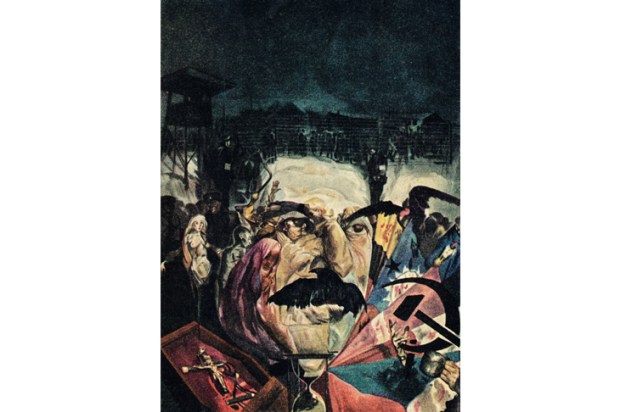Enric Marco has had a remarkable life. A prominent Catalan union activist, a brave resistance fighter in the Spanish Civil War, a charismatic Nazi concentration camp survivor, and more. In January 2005 he addressed the Spanish parliament to mark the 70th anniversary of the liberation of Auschwitz. He is, everyone agrees, an extraordinary man.
Already a subscriber? Log in
Subscribe for just $2 a week
Try a month of The Spectator Australia absolutely free and without commitment. Not only that but – if you choose to continue – you’ll pay just $2 a week for your first year.
- Unlimited access to spectator.com.au and app
- The weekly edition on the Spectator Australia app
- Spectator podcasts and newsletters
- Full access to spectator.co.uk
Or
Unlock this article
You might disagree with half of it, but you’ll enjoy reading all of it. Try your first month for free, then just $2 a week for the remainder of your first year.














Comments
Don't miss out
Join the conversation with other Spectator Australia readers. Subscribe to leave a comment.
SUBSCRIBEAlready a subscriber? Log in